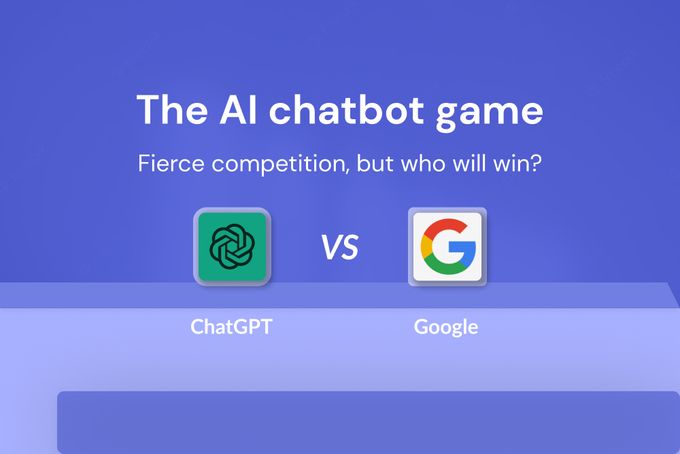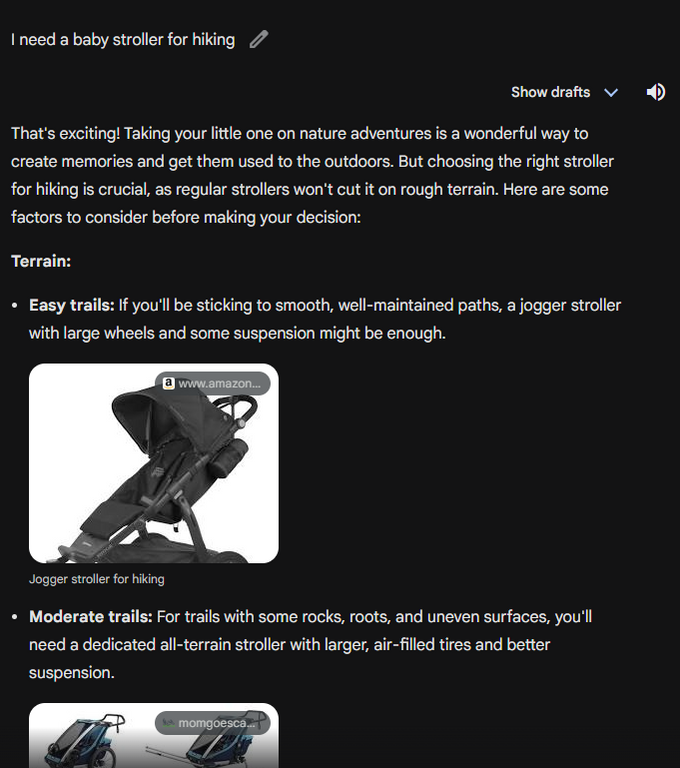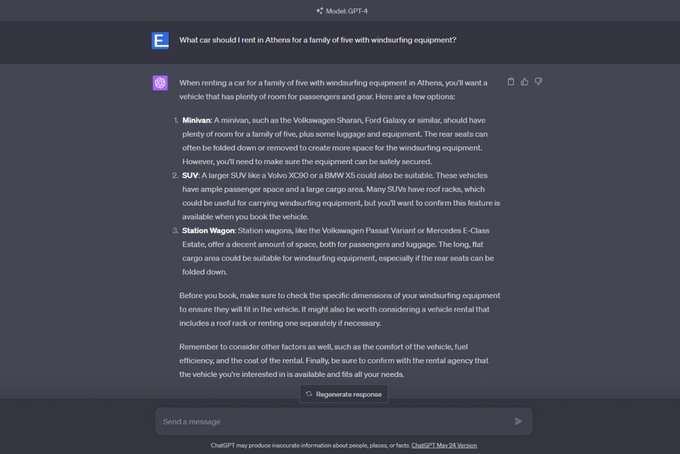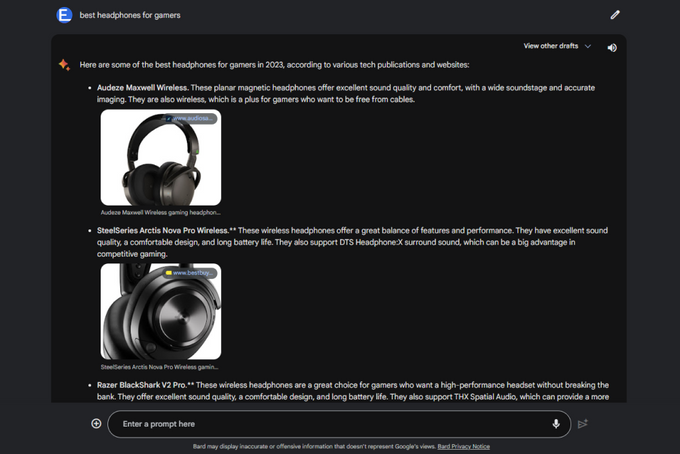ChatGPT vs. Google: Will Google’s profits take a hit?
While AI chatbots like ChatGPT may satisfy some complex, long-tail searches, is it enough to upset Google's bottom line?
Updated May 16, 2025

AI Summary
It's a "new day in search" thanks to ChatGPT according to Microsoft CEO Satya Nadella, and there's been a lot of noise surrounding the impact of ChatGPT on Google's revenue. With AI-powered Search and chatbots becoming a regular part of everyone's lives, it's a relevant question, but what are the numbers?
Well, Google's search market share has been consistently stable since 2015, even with Microsoft's addition of OpenAI's ChatGPT to Bing search. But will ChatGPT, with its innovative approach, affect Google's revenue?
Key takeaways
- Google responds to ChatGPT's innovation by developing its own AI chatbot, Gemini, formerly Bard.
- Gemini enhances Search by providing more interactive responses.
- ChatGPT mainly addresses complex queries.
- Gemini presents new monetization opportunities for Google.
- Google's profits aren't likely to suffer from ChatGPT.
Gemini: Google’s response to ChatGPT
Launched in 2023, Google's Bard (now Gemini) was poised to rival ChatGPT. Even today, Google is committed to improving Gemini to exceed ChatGPT's capabilities.
While Gemini and ChatGPT operate at similar levels, the competition is far from over. ChatGPT may draw away some of Google's search queries, but Google's strategy is clear—it isn't creating a ChatGPT clone. Instead, it's redefining how the chatbot operates and works with Search and over 30 other Google products.
Gemini's advanced features enable users to ask complex questions, develop code, generate images, and organize information. It not only responds to queries but also incorporates search results from across the web for a comprehensive answer.
For instance, searching for a baby stroller with a specific user profile in mind yields contextually accurate results and even related products.
» Compare Google Gemini vs. ChatGPT and find out which chatbot is better.
That’s not all.
Gemini is built to be multimodal or, in other words, understand and interpret different types of information—text, images, code, video, and more. These features will only enhance the Search experience and provide more tailored results for users, strengthening Google's Search capabilities even further.
» Discover whether ChatGPT poses a real threat to Google.
Introducing a new approach to search
To discuss the potential impact of ChatGPT and other chat platforms on Google's ad revenue, we first need to understand a very important concept that we call "query classes" at Entail. This generally refers to the four main types of search queries: transactional, commercial, informational, and navigational.
Not all search queries are relevant to the chat-like experience ChatGPT offers. For instance, a navigational search for "Shopify" typically yields the brand's website, social profiles, and articles about it. This kind of search doesn't require a complex answer. Transactional searches such as "What are the best Shopify apps?" may also not be ideal for ChatGPT due to their subjective nature.
Chat-like experiences are better suited for complex, long-tail queries involving multiple factors, such as "What car should I rent in Athens for a family of five with windsurfing equipment?" Here, ChatGPT can compile various types of information to produce a comprehensive response.
READ MORE: ChatGPT search vs. Google: What’s the difference?
Through this, we can see that platforms like ChatGPT don't replace traditional searches but introduce a more conversational type of search—a combination of chat and search. This development doesn’t change the existing types of searches but adds a new dimension to them.
Google’s search volume will remain mostly unaffected
AI chat platforms like ChatGPT may be able to answer complex, long-tail searches, but these only represent a small fraction of total searches. So, it's unlikely that Google will see a significant reduction in search volume because of ChatGPT.
Google isn't going to lose searches due to AI chat alternatives. In fact, it will probably respond with something better. We're seeing the introduction of new types of searches that allow for more focused queries and highly tailored results.
» Find out what type of content is still relevant for your website in the age of AI.
Gemini presents new monetization opportunities
Google's integration of Search into Gemini creates additional conversion opportunities, avenues for sales, and traffic generation for brands. It also allows for product embedding in Gemini's responses, creating recommendations within the answers. Google is even beginning to reach further down the sales funnel.
» Find out if Google will close sales directly from Search.
This approach aligns with Google's revenue model, suggesting that new monetization opportunities will arise within this innovative chat-search experience.
For example, a user looking for the cheapest flight from New York to London could ask Gemini, eliminating the need for travel websites like Expedia. Google could even facilitate ticket purchases directly, further monetizing the interaction.
» Optimize your site for AI-powered conversions with Entail CRO.
Google’s future looks brighter than ever
ChatGPT has shaken things up and pushed Google to innovate. The emergence of OpenAI has created a shift that will impact search and numerous businesses in the process.
Given Search's steady growth over the past two decades and Google's near-monopoly, we anticipate that they'll only grow stronger—especially with advancements like Gemini, SGE, and Google Search Perspectives on their side.
READ MORE: AI for SEO: Should you change your content strategy?







